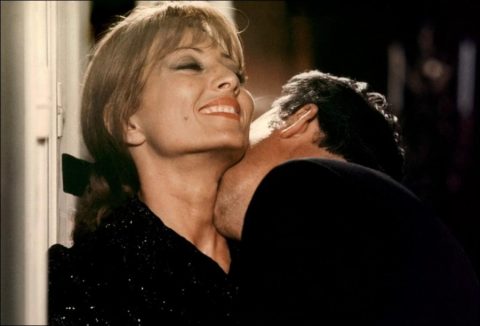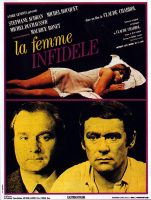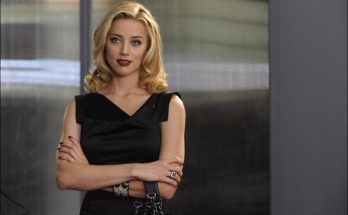La Femme Infidéle by Claude Chabrol. The political wreckage of the Second World War had dragged Europe into a great instability in terms of economy and politics. The return of this environment would of course affect the seventh art. “Free Cinema” in the UK and “New Realism” in Italy were a revolt of the relevant director world.
In the army of Charles De Gaulle, the commander of France, who could not survive the great social slaughter in Algeria, the chaos created by the Communism-Catholic Conservatism conflict would reveal the New Wave movement. Although this film, led by François Truffaut, Jean-Luc Godard and Claude Chabrol, shines like a flame of straw according to most academics, it was undeniable that it brought a new “social realistic” language to the world cinema.
As a matter of fact, the productions of the duo, which were active in the Paris Student and Workers Events of 1968 in Sorbonne, in the same year that they shot this political ground without making any material, made the frame of their irregular and out-of-shell stance against cinema.
Claude Chabrol, who made the first film of the New Wave with Le beau Serge (1958), was the most productive director of the current. La Femme Infidéle (1968) of Chabrol, who had a critical obsession with the middle class bourgeoisie, irresponsible and incoherent female figure, could be considered a brave film for the conservative dominant period. In such societies, the Desvallees family, which is one of the many examples that are envied and morally degenerated inside, was actually exposed with the Desvallees family.
The Turkish name of Chabrol, who loves the use of Hitchockvari climax, was able to experience an explosion of hate in his audience, which he prepared for his nervous final throughout his entire story. The tragedy of a man who tried all sorts of ways to avoid losing his unfaithful wife, would have inspired a new adaptation called Unfaithful (2002), affecting Adrian Lyne years later.
Storyline
Hélène and Charles Desvallees, both upper-class residents of Versailles, live a very boring and detached life in their comfortable house, and their only common interest is their beloved son Michel. Every other day, Hélène commutes to Paris and Charles suspects that she might be having an affair. He hires a private detective and a couple of days later, his suspicion is confirmed.
The investigator tells him that Hélène is having a love affair with the writer Victor Pégala and delivers a picture of her lover with his address to him. Charles visits Victor at his apartment in Paris and introduces himself as Hélène’s husband. He lies by telling him that he has an agreement with his wife to tell him about her encounters.
Suddenly,and without warning, Charles hits Victor’s head with a statue and kills him, and dumps the body in a lake before returning home. Detectives Duval and Gobet are assigned to investigate and interview Hélène, explaining that Victor is missing and her name is in her address book. When Hélène finds the picture of Victor in Charles’ jacket pocket, she destroys the evidence and learns that her husband loves her. But the police inspectors are coming to their house again to talk to Charles!
La Femme Infidéle (1968)
Directed by: Claude Chabrol
Starring: Stéphane Audran, Michel Bouquet, Maurice Ronet, Michel Duchaussoy, Louise Chevalier, Louise Rioton, Serge Bento, Henri Marteau, François Moro-Giafferi, Albert Minski
Screenplay by: Claude Chabrol
Cinematography by: Jean Rabier
Film Editing by: Jacques Gaillard
Costume Design by: Maurice Albray
Art Direction by: Guy Littaye
Music by: Pierre Jansen
MPAA Rating: None.
Distributed by: La Société des Films Sirius (France)
Release Date: January 22, 1969
Views: 133








